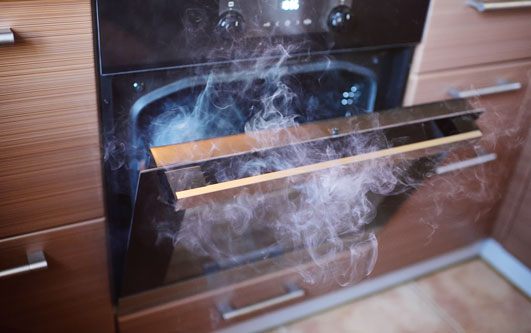By Kira Jopp on Thu 16 June 2022 in Blog
Clean Air Day is one of the UK’s most extensive air pollution campaigns. Ran by the charity Global action plan, the campaign promotes clean air both indoors and outdoors to protect the population. For many years Airflow has been taking part in this campaign to help promote clean indoor air and educate the public on why it’s so important.
Indoor Pollutants
Surprisingly indoor air is 50% more polluted than outdoor air due to airtight homes and buildings. More than 72% of the population think that clean air is even more important because of COVID-19, but this isn’t the only threat from dirty indoor air. Other pollutants in the home are:
- Carbon monoxide (CO) – from smoking and combustion appliances
- Volatile organic compounds (VOCs) – from aerosols, candles, air fresheners
- Allergens – from dust mites
- CO2 – from humans and combustion appliances
- Odours – from cooking, occupants and pets

 ;
;
Clean indoor air is as important in schools and workplaces as it is in homes. The same risks and health effects are present but from different sources. Not only that but the productivity and focus of the occupants are greatly affected by poor indoor air quality too.
Health Effects
Air pollution has proven to have many short-term and long-term health effects as it can harm every organ in the body and shorten lives. And children are more prone to the risks of air pollution because their lungs and immune systems are still developing.
Furthermore, the short-term effects of poor indoor air quality are often ignored by the occupant. For example, coughing, sneezing, headaches and dizziness, watery eyes, fatigue, and allergic reactions, are all signs of poor indoor air quality.
Additionally, long-term effects happen when poor IAQ is disregarded and no action is taken to improve it. This includes asthmatic symptoms, respiratory infections, cardiovascular disease, lung cancer and chronic obstructive pulmonary disease.
Ventilation
For clean air and energy efficiency, Mechanical Ventilation with Heat Recovery (MVHR) is a popular choice in both homes and commercial buildings. MVHR is the process of extracting stale air and supplying clean filtered air that is warmed using the recovered heat from the extracted air.
Filters in the units, clean the outside air before it is supplied into the building, which is specifically beneficial for homes and buildings on main roads. 27% of schools are located in areas that are above World Health Organisation’s (WHO) air pollution limits, so opening windows and doors isn’t a sufficient form of ventilation.
Clean and healthy air isn’t the only benefit of an MVHR system, Airflow MVHR units recover up to 95% of heat from a room which is normally wasted, which saves on heating bills by up to a quarter!

Improving your pollution footprint
- Don’t idle your engine – turn your car off when you aren’t using it, especially outside schools at pick-up and drop-off times
- Walk or cycle to school/work – helps you become healthier and increases life expectancy as well as improving air quality
- Take public transport over driving
- Bundle your online orders for fewer deliveries
- Avoid using wood-burning stoves
Use Global Acton Plan’s ‘Air Pollution Calculator’ to find out your personal pollution footprint and a breakdown of how you can improve.


